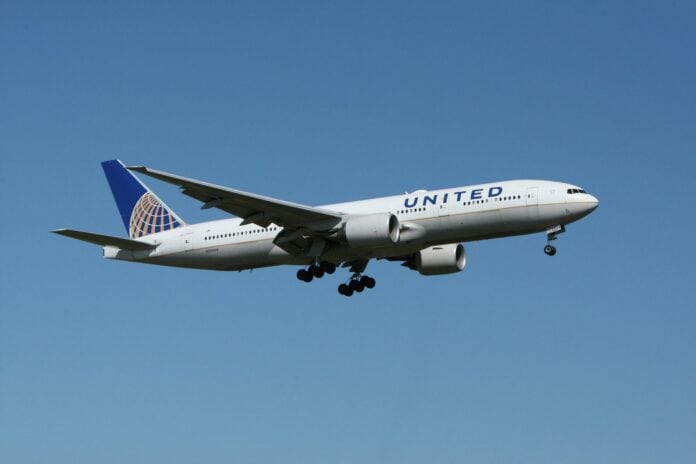As summer travel season approaches, many Americans are busy making vacation plans—but growing anxiety around flying is casting a shadow over those plans. So far in 2025, 33 deadly crashes have been reported in the United States, fueling concern about air travel safety
Mahmood Khan, professor in the Howard Feiertag Department of Hospitality and Tourism Management at Virginia Tech, offers insights on the psychological and behavioral trends driving travel anxiety and shares strategies to cope.
An increase in travel anxiety
“Cases of travel anxiety recently began reaching pre-pandemic levels, and now we’re seeing an increase again,” Khan said.
He points to a combination of factors driving the trend. “Air travel accidents have raised serious concerns. Plus, people have lost the empathetic touch they once had,” Khan said. “Passengers are becoming increasingly challenging for airline staff to manage. And with many aircraft likely nearing the end of their operational lifespan, we’re seeing more mechanical issues — not just here, but worldwide. All of that naturally leads to more anxiety for travelers.”
Because of these concerns, Khan said, more people are opting to drive rather than fly. “The freedom of driving adds to the enjoyment of traveling, but driving isn’t always possible,” he said.
Technology and consumers
“Technology has affected consumer behavior and mental well-being since the pandemic,” Khan said. “Using apps and ordering online has changed how we approach travel, whether that’s by plane, car, or cruise ship. While technology makes things convenient, it also adds to the anxiety, stress, and planning involved in traveling.”
As a result, Khan said many people are starting to avoid traveling altogether unless absolutely necessary.
Managing stress and fear
When it comes to easing travel anxiety, Khan advises travelers to embrace flexibility and patience.
“I think the most effective technique is to pack a lot of patience,” he said. “ Understand that things have changed. People are dealing with inflation, layoffs, and other economic pressures. Focusing on the joy of traveling — especially when spending time with family and friends — can make a big difference.”
Khan emphasizes the importance of staying organized before and during a trip so that travelers will not feel rushed. “Expect the unexpected,” he said. “Being organized can go a long way toward reducing anxiety.”
He also stresses the importance of clear goals and mental preparation before a trip: “Individuals should have at least one or two main things they want to achieve during their experience. For example, if relaxation and getting away from the daily routine is the goal, then stay away from computers and try not to think about work.”
Advice for parents
For those traveling with children, Khan warns that anxiety can easily be passed on.
“Parents need to be careful not to let their own anxiety affect their children,” he said. “Most of the time, this anxiety translates into getting upset with children, thereby spoiling their enjoyment. It is important for parents to be empathetic; children are learning things as they experience them.”
About Khan
Mahmood Khan is a professor in the Howard Feiertag Howard Feiertag Department of Hospitality and Tourism Management at Virginia Tech’s National Capital Region Center, where he has served for over three decades. With a career spanning more than 40 years, Khan is an internationally recognized scholar in foodservice management, hospitality franchising, and consumer behavior. He has authored ten books, published extensively in top-tier journals, and led global workshops and training in over 30 countries.


